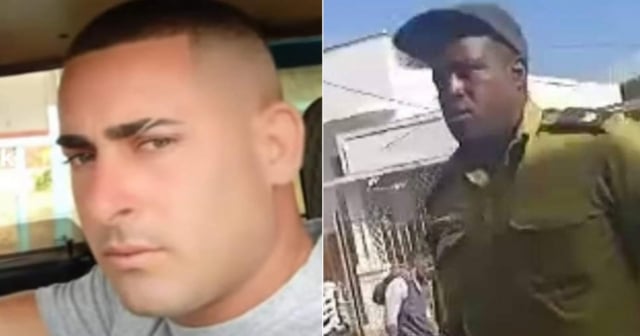The NGO Foro Penal, responsible for defending political prisoners in Venezuela, reported this Sunday the release of 131 individuals detained during the protests against the results of the presidential elections held on July 28, where Nicolás Maduro declared himself re-elected without being able to prove it.
The releases took place following the review of measures requested by the Public Prosecutor's Office. However, it was clarified that those released have not received full freedom and must appear before the courts this Monday to receive alternative measures to imprisonment.
"We understand that the majority of judicial processes are ongoing," explained Foro Penal, warning that there are still over 1,700 political prisoners in the prisons of Venezuela.
The releases took place in several states of the country, including Aragua, Miranda, Carabobo, La Guaira, and Guárico.
EFE cited statements from Venezuela's Attorney General, Tarek William Saab, who announced that between Friday afternoon and Saturday, 225 release measures were granted to individuals detained following protests against the election results.
Saab indicated that these decisions were made following thorough investigations based on new evidence gathered by the Prosecutor's Office, although he did not specify which detention centers the beneficiaries were in.
Persistent discrepancies in the numbers of detainees.
Non-governmental organizations and opposition parties in Venezuela report that at least 1,850 people were imprisoned following the elections, including 69 minors, women, and military personnel, most of whom are accused of crimes such as terrorism and conspiracy.
The government reports a higher number, with over 2,400 arrests in the context of the protests. Many of those individuals would not fall under the category of “political prisoners” because they allegedly committed other offenses.
Repression in Venezuela has escalated alarmingly in the context of the presidential elections held in July. A report published by the UN Independent International Fact-Finding Mission accused Maduro's regime of committing crimes against humanity in the lead-up to, during, and after the elections.
The objective of the repressive deployment was to declare victory over a fraudulent election that, clearly, was won by the opposition.
The release of political prisoners marks a new chapter in the debate on human rights and justice in Venezuela, as the international community closely monitors the situation in the country.
Filed under:
